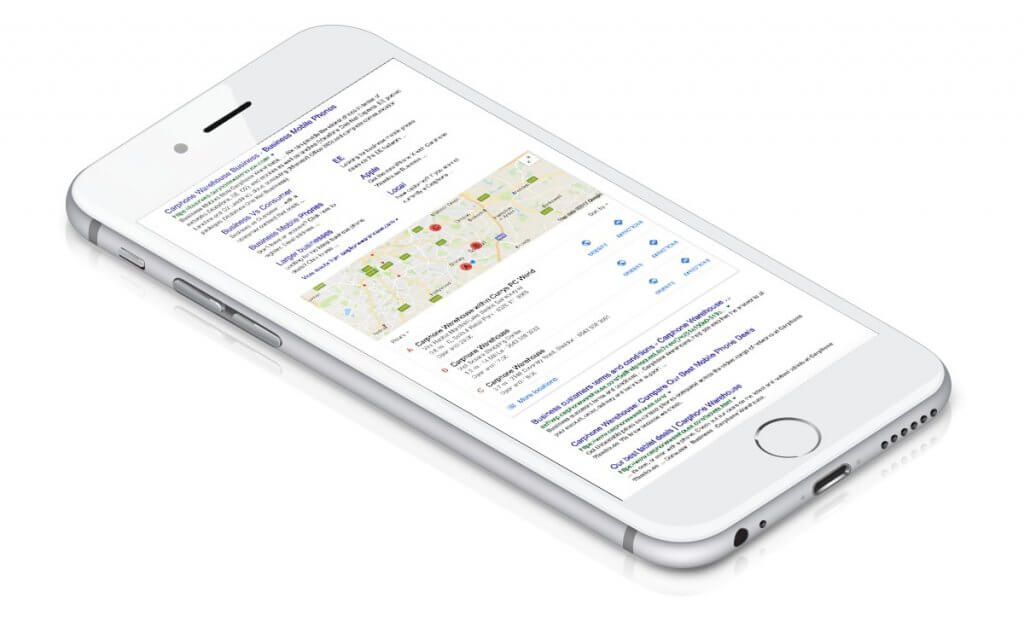
Deciding what to spend on SEO is tricky, spend too little and you won’t see a return, spend too much and well, you’ll spend too much.
Most SEO firms will give you a realistic estimate of what can be achieved and what it will cost but you need to do your due diligence and sense check what you’re being told.
The first task is to understand your market, your keywords and your competition. Figure out who currently ranks highly for your keywords and have a look at their inbound links using something like open site explorer or Yahoo! Do the same for your site and look at the difference, this should give you a rough idea of the size of the task at hand in terms of link building. It’s worth doing this a few times over a couple of months to get an idea of how fast they are building links and how hard your competition are working on their SEO. Look at their content and yours too, who has more? Who’s is better?
Once you have a rough idea what needs doing, you need to decide how quickly you want results. SEO is a cumulative process, you build on it over time so a little work each week will do the same as a lot of work all at once, it will just take longer (not strictly true, if you build links too fast you can be penalised as it looks like you are buying them).
It boils down to the old “Good, fast, cheap, pick two” maxim.
If your budget is low, you can still get results but it will take time. If you want number one rankings for competitive keywords quickly, ok but you’d better have deep pockets.
You also need to bare in mind that if your competition are even remotely SEO savvy then they won’t be standing still. If you’re working but they are working faster then the gap will be widening, not closing and you may as well not bother.
So here’s what we suggest; once you found a good SEO who you’re happy to work with, get them to help you do some sums.
Work out what good positions for your keywords will mean to you in terms of traffic, factor in your conversion rate, conversion value and profit and put a monetary value on what achieving your SEO goals will get you. Be realistic and err on the side of caution if you’re not sure. Now figure out what percentage of the extra revenue you would be prepared to spend, you can base this on existing cost of sales or marketing figures if you have them. By now you should have arrived at a figure, talk to your SEO and compare the figure you came up with to what they suggest, you may need to negotiate a little but with luck your figures won’t be a million miles apart.


